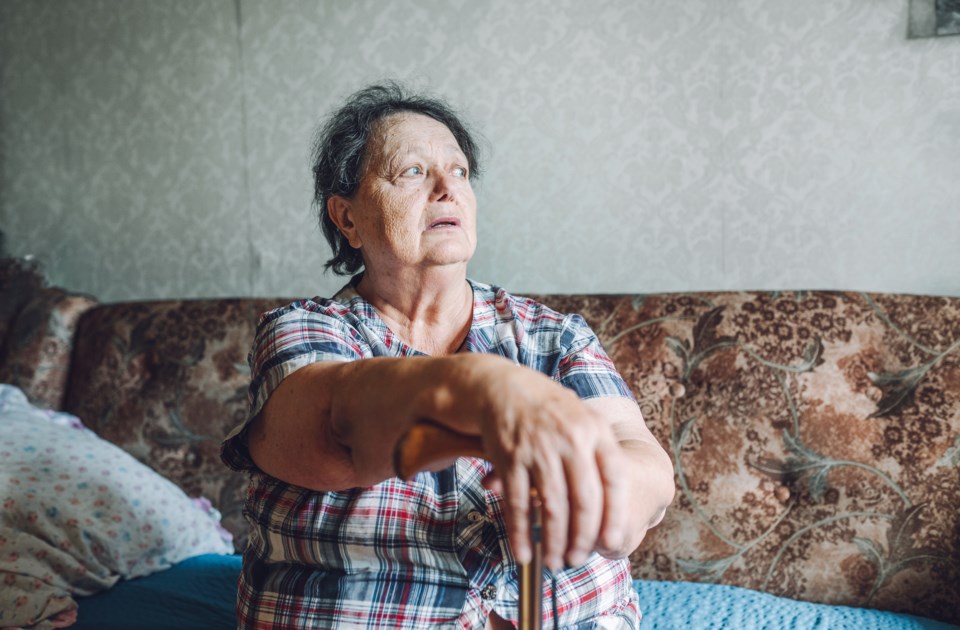Community driven solutions can address the B.C. seniors housing crisis, says Save Our Northern Seniors President Margaret Little, who presented a United Way B.C. report to the Peace River Regional District at their Dec. 8 board meeting.
Solutions need to be made locally, and not from agencies in Victoria, said Little, suggesting the formation of a community table.
"I believe we have to have a made in the Peace plan, where all stakeholders from all walks of life are included and they can come together to formulate a plan for future,” said Little.
The report, titled Aging in Uncertainty: The Growing Housing Crisis for B.C. Seniors, gathered insights from interviews with 16 seniors’ service and housing organizations, as an increasing number of seniors in their 60s and 70s facing homelessness for the first time.
According to the report, the average 70-year-old senior who is dependent on government benefits would spend 78 percent of their income to rent a one-bedroom apartment in B.C. or roughly $1,432.
Provincially, one in four seniors has an income below $21,800, which is almost $10,000 below the minimum wage, and seniors’ rates of low income in the province are nearly double of any other age group at 15.2 percent.
"Tenancies in rental housing is an an issue and we need the ability to age place, without the fear of becoming homeless. Many seniors are faced with uncertainty, created by increased mortgages, cost of living, and no place for them to go in their so called 'Golden Years'," said Little.
The Peace Seniors Connect and Care Society is seeing an increase in hamper requests for their annual Secret Santa gift exchange, with over 300 requests since November, says Little, the highest yet.
Save Our Northern Seniors has also collected data on care facilities since 2005, noting that decades earlier there were no facilities for seniors, and long waits for local spaces.
A 115-unit seniors housing complex has been proposed for Fort St. John and Dawson Creek is in the midst of building a new hospital, which Little feels will help alleviate the crisis.
Little also commended the PRRD for the creation of a regional growth strategy, and said she's looking forward to providing input, noting town halls have been an effective communication tool for the regional district to connect with residents.
“It gets to the grassroots, sometimes politicians at the upper out level forget about the people who are on the ground," said Little. "I'm really pleased to see that, and I was very very pleased to see the regional growth strategy plan."



